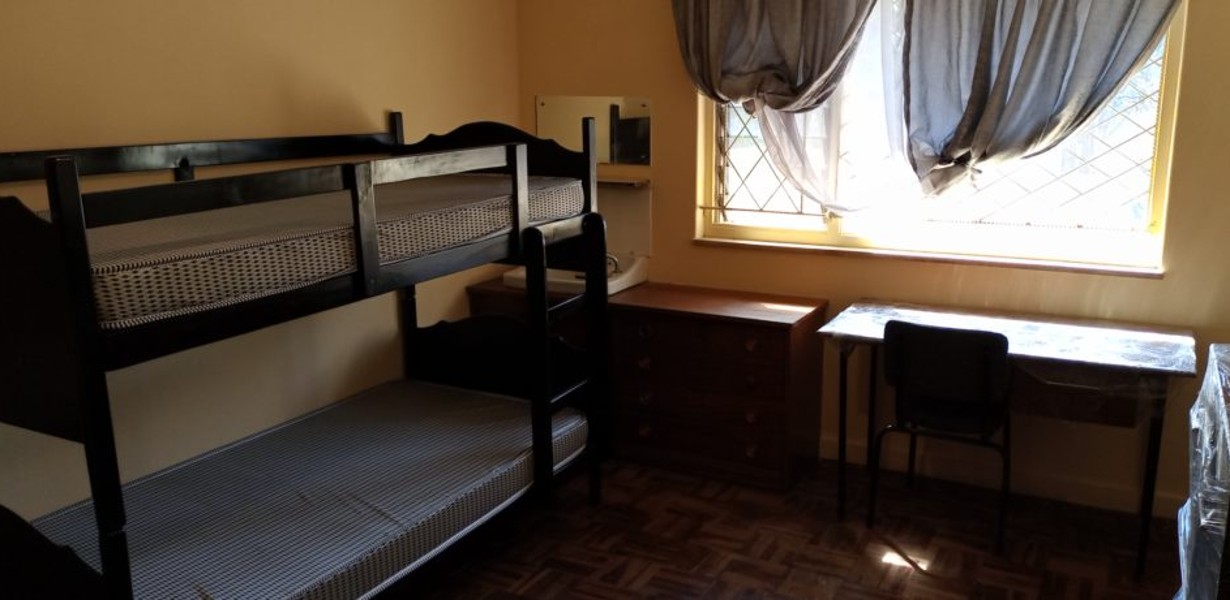
In today’s ever-evolving world, the allocation of dormitory spaces in educational institutions and communal living settings has undergone a transformation. Thanks to blockchain technology, the process of assigning dormitories has become more transparent and equitable. This blog explores the impact of blockchain on dormitory allocation, shedding light on how it ensures fairness and accountability.
The Traditional Dormitory Allocation Challenge
Historically, the allocation of dormitory rooms has been a source of frustration and controversy. Often, it relied on manual, opaque processes that left room for bias and inefficiency. Many students and residents felt that they were not getting an equal chance to secure their preferred accommodations.
Blockchain: A Paradigm Shift
The introduction of blockchain technology has revolutionized the way dormitories are allocated. Here’s why blockchain-based allocation systems are making a difference:
Transparency and Accountability
Blockchain’s decentralized ledger ensures transparency in the allocation process. Every transaction is recorded and can be accessed by authorized parties. This transparency eliminates favoritism and bias, creating a level playing field.
Smart Contracts
Smart contracts, a key feature of blockchain, automate the allocation process. These self-executing contracts define the allocation rules and execute them without human intervention. This reduces the scope for human error and manipulation.
Immutable Records
Once data is recorded on the blockchain, it becomes immutable. This means that allocated rooms cannot be changed without proper authorization, ensuring that once a room is assigned, it remains so.
Equal Opportunity
Blockchain-based systems do not discriminate. All students and residents have an equal opportunity to secure their desired accommodations, regardless of factors such as gender or academic standing.
Data Security
Blockchain’s robust encryption and security features protect the personal data of students and residents, safeguarding their privacy.
Blockchain in Action
Imagine a scenario where students can access a blockchain-based platform to choose their dormitory rooms. They can view available rooms, check the allocation rules, and make their selections. Once a room is allocated, the details are recorded on the blockchain, and the student receives a confirmation. This process is transparent, efficient, and free from human biases.
Common Questions About Blockchain-Based Dormitory Allocation
1. How does blockchain protect personal data?
Blockchain uses advanced encryption and decentralization to safeguard sensitive information.
2. Can the allocation process be customized for specific requirements?
Yes, smart contracts can be tailored to meet the unique allocation needs of different institutions.
3. What happens if a mistake is made in the allocation process?
Blockchain’s immutability ensures that once a room is allocated, it cannot be changed without proper authorization.
4. Does blockchain-based allocation work for all types of institutions?
Yes, blockchain’s versatility allows it to be implemented in various educational and communal living settings.
5. Can students or residents track the allocation process in real-time?
Yes, blockchain’s transparency allows individuals to monitor the allocation process in real-time.
Final Words
Blockchain-based dormitory allocation is not just a technical innovation; it’s a transformative step towards ensuring transparency and equality in communal living spaces. The days of arbitrary and biased allocation are fading, replaced by systems that offer fairness, security, and efficiency. As blockchain continues to evolve, so too will the allocation process, providing a brighter future for students and residents.
Advertisement








